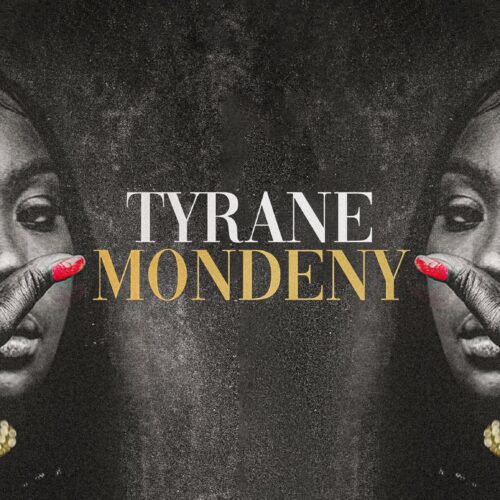Additional Information
Photo: Nathalie Deléan
During her travels between Toronto, Paris, London and Montreal, Camille Deléan always believed that she would never find an anchor point.
“When I arrived in Quebec, I didn’t know anyone. In my mind, my stay in Montreal was temporary. I was starting from scratch. I stayed longer than I expected. But it took me a few years to surround myself with people I liked. Finally, I met Michael Feuerstack [a multi-instrumentalist who had worked on the first album with Deléan and British musician Ben Walker]. He helped me finish Music on the Grey Mile. We’re now friends. Thanks to him, I managed to meet other artists in Quebec.”
Thus, the second album was conceived with a little more stability. By the singer’s own admission, she knew more about what she was looking for as a sound for Cold House Burning.

On the other hand, she could count on her fellow singer Feuerstack, who invested himself even further into this new folk album, giving it a dose of rock. In addition to playing many instruments for the songs, he also took on the production. Most of the recordings were made at Breakglass Studios.
“I wanted the drums to be heavier, but the instrumentation to be more [refined] and sleeker. I also wanted to explore the backing vocals more. I wanted more than just vocal harmonies; I wanted to make them an important part of some songs. I used only necessary instruments. It was important to me that they felt like they were close to the microphone, like my voice.”
In addition to Feuerstack, Jeremy Gara (drums, piano), Mathieu Charbonneau (piano, synthesizer), Philippe Charbonneau (voice, synthesizer), Joshua Zubot (violin) and Adam Kinner (saxophone) also collaborated on the pieces, which are more refined than those of the previous offering, released in 2017. And Deléan’s voice flows, imperturbable, like a beautiful, tranquil river.
Earthquake danger zone
On the album, her voice is anchored in confidence, soft and very close. It’s as if the young woman reveals a part of herself, intimately, without hesitation. And yet she has had doubts over the years. A lot of them. And this opus with a touch of lyricism is precisely the artistic testament to a serious search for balance, both physical and emotional.
That said, even if Camille refers to earthquakes to evoke the atmosphere of her work, this one reveals maturity more than fragility.
During our telephone interview in times of pandemic, she recounted how her intimate story permeates all the material on her record. “Fault Line (Late July)”, in particular, is the epicentre song of the album, according to her. “Tread lightly! Think steady / Watch your jogging around the lines / Or you’re going down”, she sings.
“I’ve explored the theme of balance a lot, which doesn’t come naturally to me. In fact, it extends to everywhere and on all scales. … The lyrics of my songs are proof of this; so is the music. The music is a bit scary. Sometimes. I was in that spirit when I composed the album, which dates back to long before the pandemic. I’ve always been afraid of anchoring myself in one place. Plus, I’ve had health problems [dating back to childhood] that prevented me from moving around easily. I was afraid of possible danger. This fear fuelled my isolation long before the COVID-19 crisis. “The more you close yourself off, the harder it becomes to reach out to the other, to the unknown (the song “Afraid of People”).”
Ironically, at a time when she was feeling more assured in Montreal, a city where she’s now surrounded by her loved ones, her apartment had a fire at the end of May! Adds a bit of resonance to the title Cold House Burning.
Deléan, whose work is reminiscent of that of the Canadian group The Weather Station, may be fighting a few little fears (the sad and more serious “Saturn Gravity”), but they suit her very well as an artist.
Worth a mention is that Camille Deléan is part of the programming of the Fun House event, organized by Pop Montréal. She plays on Sunday, June 7, at 1:30 pm.






















